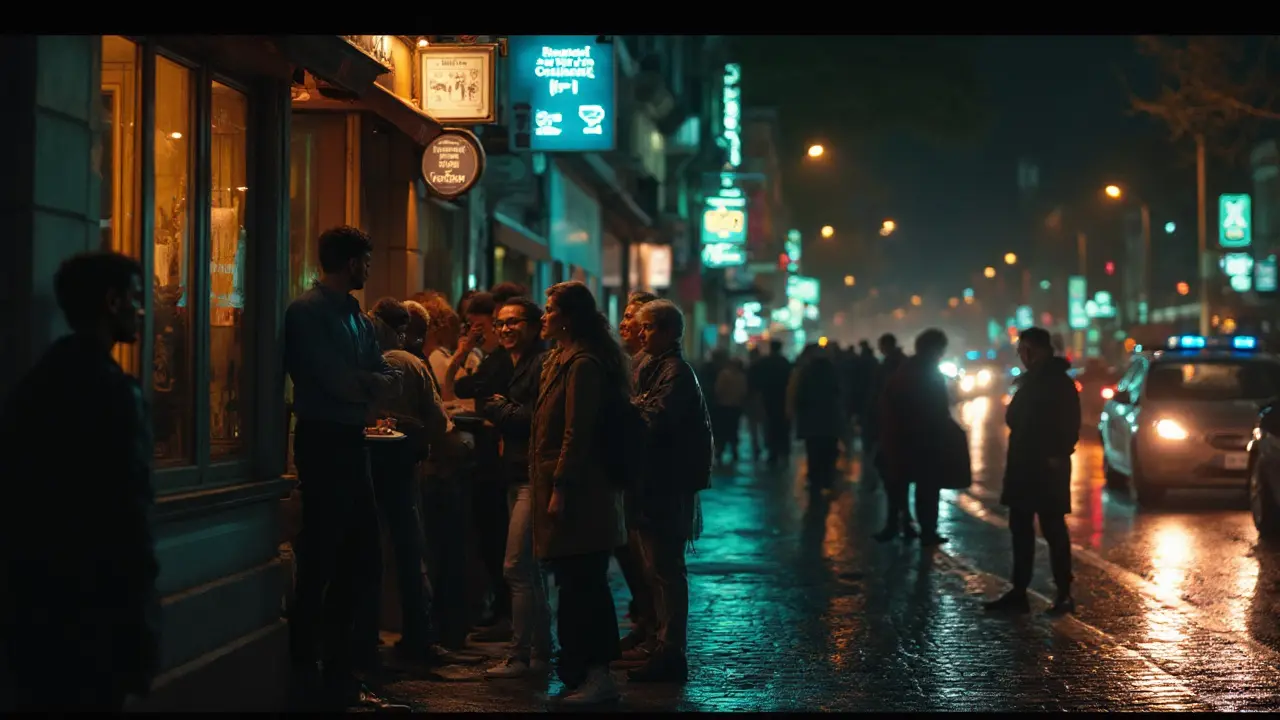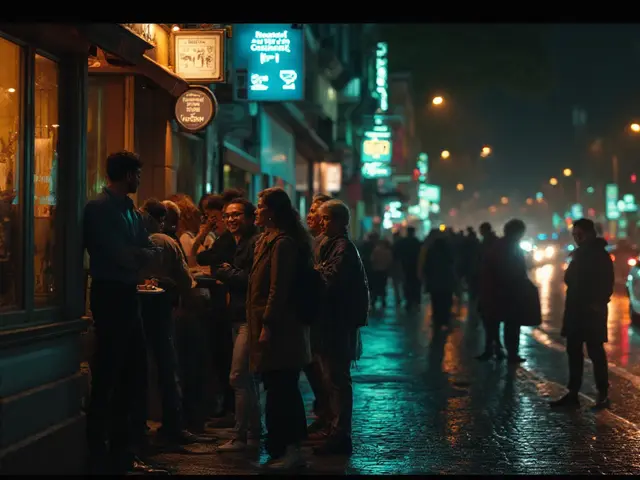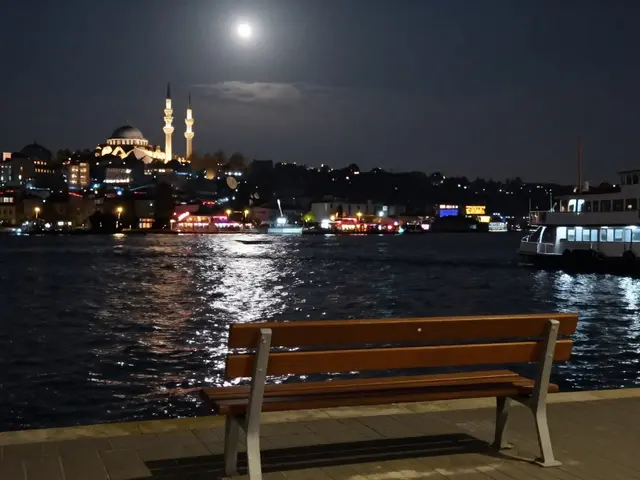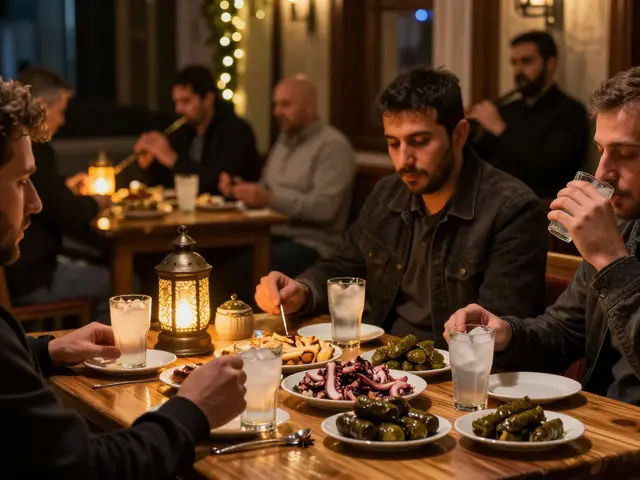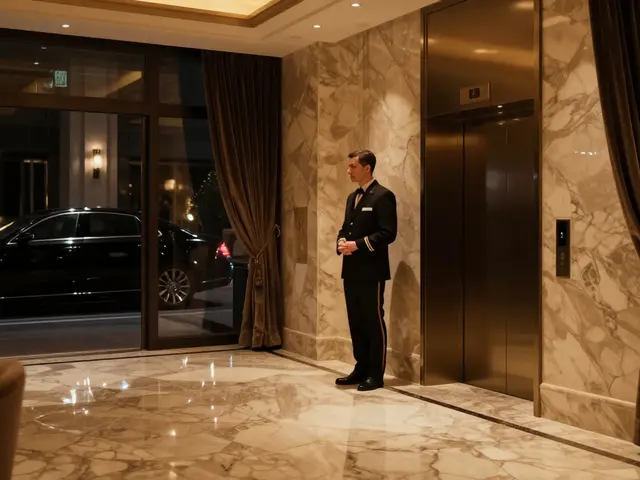Milan looks polished by day and turns electric at night. If you’re curious about the city’s escort scene, the real win isn’t a list of contacts-it’s knowing the law, staying safe, and keeping your choices ethical. This guide cuts through the rumors. No booking tips, no price talk-just what you actually need to avoid legal trouble, steer clear of harm, and respect everyone involved.
TL;DR:
- In Italy, adult prostitution is legal; brothels, pimping, and trafficking are illegal (Merlin Law, 1958). Milan can fine clients in designated zones.
- Carry ID, don’t share your passport, and avoid third-party “handlers.” Walk away from pressure, bundles, and demands for ATM cash.
- Consent is non-negotiable. If someone seems coerced or underage, disengage and report. Don’t contribute to exploitation.
- Protect your health: condoms every time, watch drinks, know PEP/PrEP basics, and get tested after risks.
- This is an informational guide-no how-to on finding, booking, or negotiating sexual services.
What the law actually says in 2025
If you take one thing from this section, let it be this: Italy separates private, adult sex work from exploitation. The landmark Merlin Law (Law No. 75/1958) shut down brothels and criminalized third-party profit from prostitution (what many would call pimping). But it did not criminalize an adult selling sexual services on their own. That’s still legal nationwide.
Local governments, including Milan’s, can issue ordinances that regulate street solicitation in certain areas. These municipal rules usually target nuisance and public order, not private, consensual adult activity. Practically, this means you could face administrative fines if you’re found soliciting or attempting to buy services in restricted zones or times. Amounts vary and change, but expect the risk to be in the “hundreds of euros” range if you ignore posted or well-known restrictions.
Police in Italy may check identification. Tourists should carry a passport (or a secure copy) and be ready to show it if asked. Do not hand your passport to anyone who isn’t clearly a police officer and don’t let anyone walk off with it. If someone else holds the documents of a person you meet, that’s a serious red flag.
Key point: private adult activity with clear, ongoing consent is not a crime; running a brothel, profiting from others’ sale of sex, controlling people, trafficking, or involving minors is criminal. Administrative rules can still affect where and how street-level solicitation is handled in Milan.
For clarity, here’s a quick legal snapshot of common scenarios you might wonder about:
| Scenario | Status in Italy (2025) | What it means in Milan | Risks/Consequences |
|---|---|---|---|
| Consensual adult selling sex independently | Legal | Allowed, but local ordinances can limit street solicitation | Possible municipal fines in restricted areas/times |
| Brothels or managed premises | Illegal (Merlin Law) | Enforcement by police and municipal authorities | Criminal penalties for organizers/owners |
| Third-party profit, coercion, or control (pimping) | Illegal | Prioritized for enforcement | Criminal charges, possible imprisonment |
| Human trafficking / exploitation | Severely illegal | High-priority investigations | Major criminal penalties; report suspected cases |
| Street solicitation in restricted zones | Locally regulated | May be fined under municipal ordinances | Administrative fines; identity checks |
| Involving minors | Criminal offense | Zero tolerance | Severe criminal penalties |
| Advertising sexual services | Restricted/varies | Subject to national and local rules | Potential fines or enforcement |
As of 2025, sex workers in Italy may declare income under certain self-employment frameworks. That’s a signal that the law views independent adult sex work differently from exploitation. Still, don’t assume everything is fair game. Municipal ordinances shift, and enforcement styles can change with politics and events. When in doubt, err on the side of caution, privacy, and respect for boundaries-including neighborhood norms.
If you’re reading this as a traveler: this guide explains boundaries and risks. It does not tell you how to find, negotiate, or book anything. The goal is to help you avoid trouble and avoid contributing to harm. If you want one phrase to remember, it’s this: Milan escort laws draw a hard line against exploitation and organized profiteering; cross that line and you’re in deep water.
Street smarts: stay safe, legal, and respectful
I’ll keep this practical and blunt. Milan is safe by big-city standards, but the usual nightlife risks still apply, and anything touching the adult world adds sensitivity. Use these rules of thumb to protect yourself and others:
- Never hand over your passport. Show it if police ask, but keep it in your possession. If someone tries to hold a passport or ID as “security,” walk away.
- Beware third-party “handlers.” Anyone insisting they speak “for” another adult or demanding payment on their behalf is a warning sign for coercion and scams.
- Avoid ATMs under pressure. If a situation turns into “go withdraw more,” end it. Leaving is the safest option.
- Keep transactions transparent and legal in your own life. Don’t agree to anything that pulls you into fraud, blackmail, or breach of hotel policies.
- Hotel rules matter. Some Milan hotels have strict visitor policies after late hours. Confirm guest rules at check-in to avoid confrontations.
- Mind your drink. Don’t leave it unattended; don’t accept open drinks from strangers. Stick to sealed bottles or watch the pour.
- Transport wisely. Use official taxis or reputable ride apps. If you’re disoriented, go to a well-lit, busy place and regroup.
- Digital hygiene: avoid sharing personal info, home address, or workplace. Use app privacy settings and disable live location sharing with strangers.
Consent isn’t a checkbox; it’s a constant. Here’s a quick cadence I use-and yes, it’s simple on purpose:
- Ask clear questions. “Are you comfortable?” “Is this okay?”
- Listen for enthusiastic yes. Anything less than clear, eager agreement means stop.
- Check in again. Consent is ongoing; it can be withdrawn anytime.
- Respect a no. Immediately and without negotiation.
Health should be non-negotiable too. A few high-value pointers, based on standard public-health guidance in Europe:
- Condoms every time. Bring your own. Check expiry dates. Use water-based lube to reduce breakage.
- PEP and PrEP basics. PEP (post-exposure prophylaxis) can reduce HIV risk if started as soon as possible, ideally within 24 hours, and generally within 72 hours of a high-risk exposure. PrEP (pre-exposure prophylaxis) is preventive medication taken before exposure. Discuss with a qualified clinician-not a forum.
- STI testing windows. Fourth-gen HIV tests typically detect infection by 2-6 weeks; many clinicians recommend a follow-up at 6 weeks or 3 months, depending on exposure. Chlamydia/gonorrhea can often be tested accurately 1-2 weeks post-exposure. Syphilis has a longer window; a follow-up test is common.
- Alcohol and consent don’t mix. If either of you is too intoxicated to consent clearly, stop. Full stop.
Money can make people do risky things; pressure can make you do dumb things. Decide your boundaries ahead of time: what you won’t share (ID, work info), what you won’t do (ATMs, sending deposits), and when you’ll exit. “No” is a complete sentence. Silence your inner negotiator and leave.
Ethics first: consent, exploitation, and red flags
This is the part a lot of guides skip. Don’t be that guy who pretends not to notice exploitation. Your choices have consequences in real lives. Here’s a clear list of red flags that should trigger a hard stop and a report to appropriate authorities or NGOs:
- Someone else holds their ID, phone, or money.
- They seem fearful, rushed, or unable to speak freely.
- Visible injuries, signs of control, or mentions of debt bondage.
- They appear underage or can’t verify age.
- Third-party “manager” demanding payment or giving orders.
- Locked doors, surveillance, or pressure to go somewhere isolated.
Tip: if you’re unsure about age or consent, that’s your answer-walk away. The law in Italy is strict on minors and on exploitation. Participating, even passively, can make you part of the problem legally and morally.
How to act when something feels wrong:
- Exit safely. Don’t argue. Leave the area and get to a public space.
- Document safely. If it’s safe and legal to do so, note descriptions, times, locations. Don’t play hero.
- Report. Contact police or well-known anti-trafficking NGOs operating in Italy. Many have multilingual support. If you’re at a hotel, ask staff to help you reach the right authorities.
There’s also a broader respect piece. Milan is a real city with neighbors, families, and workers who deserve dignity. Keep voices down in residential streets at night, don’t litter, and don’t film people without consent-especially not for social media. Ethics includes how you behave in public.
One more thing: LGBTQ+ travelers. Milan is one of Italy’s most welcoming cities, with a lively scene around Porta Venezia and beyond. The same rules apply-consent, safety, respect-but you’ll generally find accepting venues and events. Look for community-led spaces and reputable nightlife rather than random private arrangements.
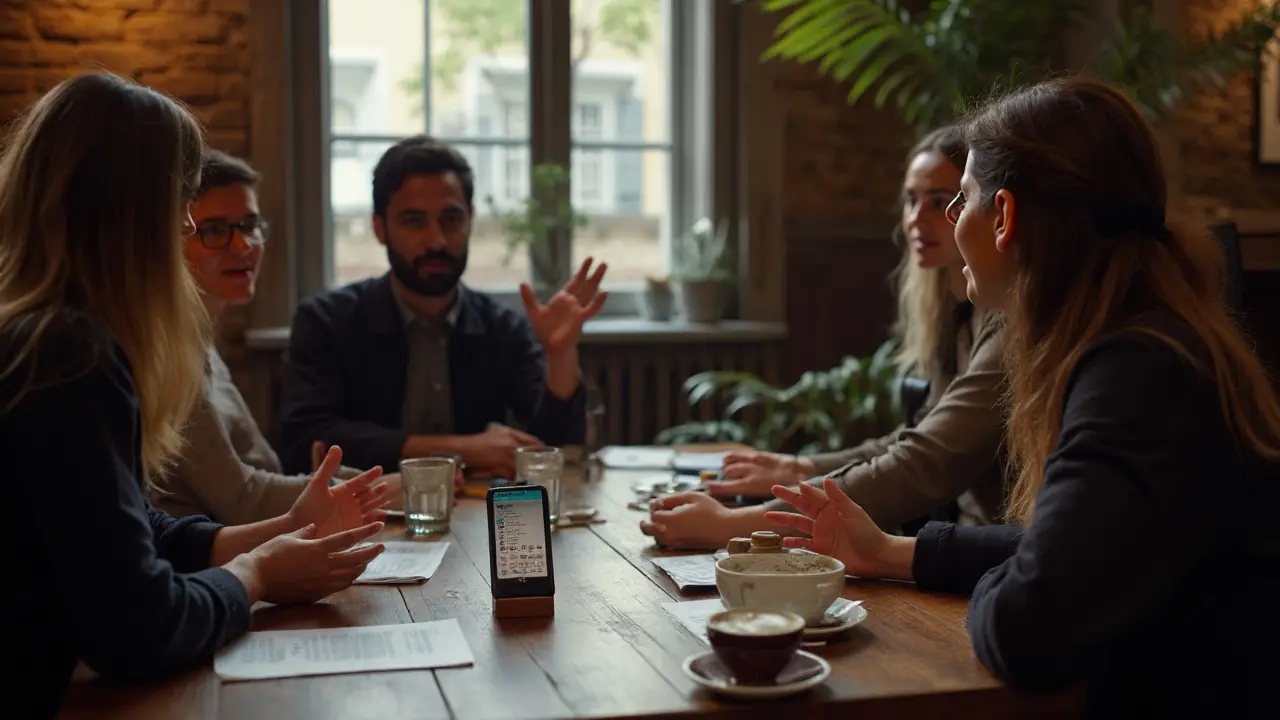
Planning wisely: health, money, and what to do when things go wrong
Even with the best judgment, stuff happens. Have a plan. You don’t need a binder-just a few decisions made in advance.
Health plan:
- Pack condoms and a few rapid self-tests if that’s your routine. They’re not perfect, but they promote better decisions.
- Know where the nearest emergency department (Pronto Soccorso) is to your lodging. If you need PEP, time matters. Hospitals in major cities like Milan can guide you.
- If you experience sexual assault, go to a hospital and ask about “Codice Rosa” protocols used in many Italian facilities to protect victims. You can request a forensic exam and speak to trained staff.
- Schedule a follow-up STI test after you return home, aligned with testing windows. If symptoms show up earlier, don’t wait.
Money plan:
- Split your cards. Keep one card and a small amount of cash on you; leave a backup in the hotel safe.
- Enable transaction alerts in your banking app. If a card is skimmed or stolen, you’ll know fast.
- Never share PINs. Shield the keypad. Decline “help” at ATMs.
Privacy plan:
- Use device passcodes. Disable face unlock in situations where someone could force your phone to your face.
- Turn off precise location for apps that don’t need it. Don’t broadcast your room number.
- Keep photos of your passport and key documents in an encrypted app or secure cloud, but not in your camera roll.
If you’re scammed or robbed:
- Get to a safe, public place.
- Lock your credit/debit cards and freeze your phone line if needed. Your bank’s app can usually do this quickly.
- File a police report (denuncia). This helps with insurance and card disputes. Ask for an interpreter if you need one.
- Tell your hotel. Staff can help translate and guide you towards authorities.
- Don’t retaliate or chase anyone. Your safety first.
If you suspect you were drugged:
- Seek medical help immediately. Describe what you drank and when.
- Ask a friend or hotel staff to accompany you.
- Preserve evidence if advised by medical staff; don’t shower if a forensic exam might be needed.
Where nightlife tends to feel different in Milan:
- Navigli gets busy and buzzy-great energy, but watch for pickpockets late.
- Central Station area is a transport hub; standard big-city caution applies at night.
- Brera and Porta Venezia have vibrant scenes with more curated venues. Check door policies and dress codes.
Prefer to keep things firmly on the legal leisure side? Try burlesque shows, fetish-friendly clubs with clear codes of conduct, or adult-themed parties run by known organizers. These venues often emphasize consent, safewords, and community rules. You still need to use common sense, but the organizer’s standards add structure.
Mini‑FAQ: quick answers
Is prostitution legal in Milan in 2025?
Yes for consenting adults acting independently. Brothels, pimping, and trafficking are illegal under the Merlin Law. Milan can fine clients for street solicitation in restricted zones.
Can tourists get in trouble?
Yes-especially for violating municipal ordinances, participating in exploitation, or any situation involving minors. Identity checks are possible; carry ID.
Are there stings?
Police enforce laws around exploitation, trafficking, minors, and public order. Don’t try to game the system. If something feels off, leave.
What about discretion?
Assume nothing is private once phones are around. Don’t share sensitive info. Don’t film others without explicit consent.
How do I stay safe health‑wise?
Condoms every time. If you think you had a high-risk exposure, seek medical advice about PEP as soon as possible. Plan STI testing with appropriate windows.
Will my hotel care?
Many Milan hotels have guest policies after certain hours. Ask at check-in. Breaking hotel rules can get you booted or flagged.
What if I suspect trafficking?
Leave safely and report to police or established anti-trafficking organizations. Provide details if you can do so without risking yourself or others.
Checklists to screenshot
Legal sanity check:
- Is everyone clearly an adult? If unsure, leave.
- Is anyone else controlling documents, money, or movement? If yes, leave and report.
- Is this in a restricted zone or causing a public-order issue? If so, you risk fines-walk away.
Safety quicklist:
- Keep your ID, don’t hand it over.
- No ATMs under pressure. No deposits to strangers.
- Watch your drink. Use official transport.
- Condoms, your own lube, and a backup plan.
Ethics/consent quicklist:
- Ask. Listen. Re‑ask. Stop if anything changes.
- No means no; silence is not yes.
- If you sense coercion, you’re done-leave and report.
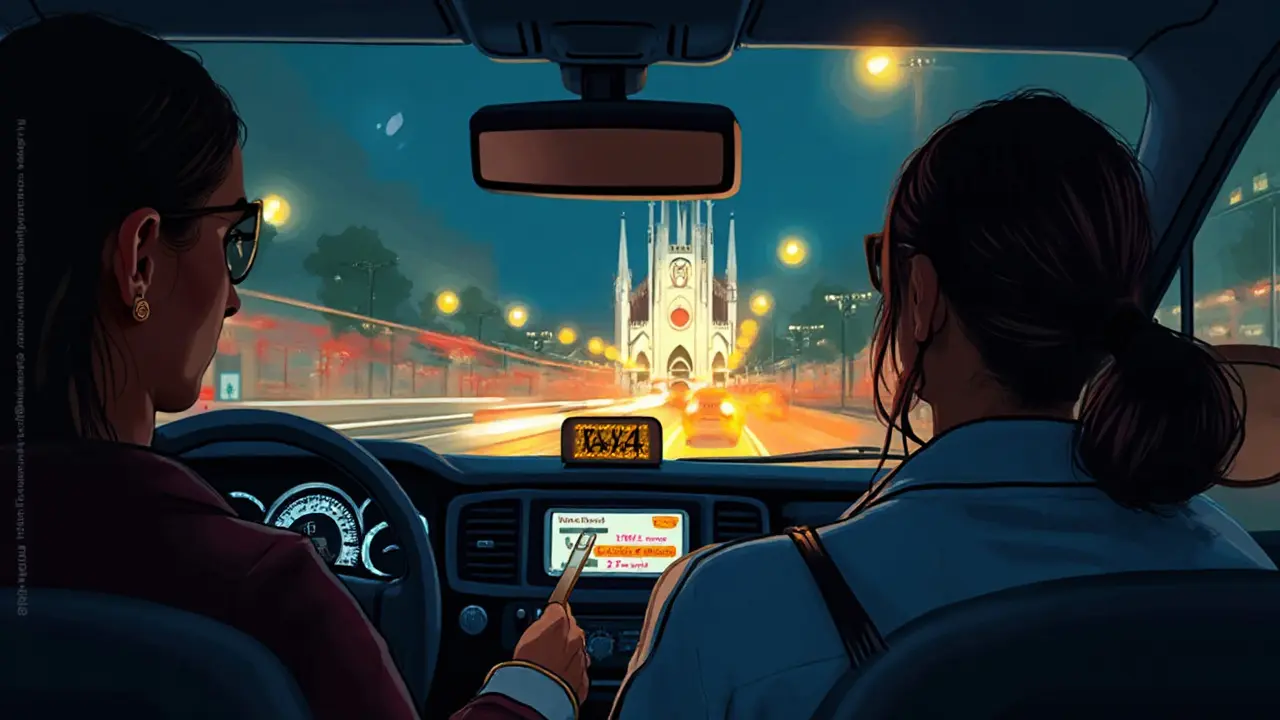
Next steps and troubleshooting by scenario
If you’re a first‑time visitor to Milan:
- Focus on understanding the legal boundaries before anything else.
- Stick to well‑known nightlife areas and reputable venues. Keep a charged phone and a plan to get back to your hotel.
If you’re an expat or here for longer:
- Learn neighborhood norms. Municipal ordinances can shift; pay attention to local news and signage.
- Build a “safety loop”: a friend who knows where you are and when to expect a check‑in text.
If you’re LGBTQ+ and want friendly spaces:
- Look for community‑run events and venues known for consent culture and clear rules.
- Avoid private situations with unclear boundaries or third‑party control.
If something goes sideways legally:
- Be calm and respectful. Provide ID when asked by law enforcement.
- Request an interpreter if you need one. Don’t sign documents you don’t understand.
- Contact your consulate if you need assistance.
If you’re worried about health after a risky exposure:
- Seek medical advice immediately about PEP (time-sensitive).
- Book STI testing aligned with window periods. Repeat tests as advised.
- Inform any partners as appropriate, and avoid further risks until you have clarity.
If you see signs of trafficking or minors:
- Do not engage. Leave safely.
- Report to police and, if possible, reach out to recognized anti‑trafficking services in Italy.
- Share specific details (location, time, descriptions) if it’s safe.
Last word: a “comprehensive guide” should make you a better, safer, more ethical person in a complex scene-not a smarter rule‑breaker. Milan’s adult landscape sits inside real laws and real lives. If you can’t guarantee consent, safety, and legality, the right move is to disengage. If you can, then you’ll find that clear boundaries and mutual respect make every other decision easier.

